ReSurge International, a global nonprofit specializing in reconstructive surgery, boldly launches a new initiative to increase access to safe reconstructive surgical care in Eastern, Central and Southern Africa. 30% of the global burden of disease is due to surgical conditions, three times that of malaria, tuberculosis and HIV/AIDS combined. 18 million people die annually due to surgically treatable conditions and millions more suffer with preventable disabilities. Reconstructive surgery, in particular, treats congenital abnormalities, traumatic injuries including burns and road traffic accidents, and malignant conditions. These problems represent two-thirds of all the premature deaths and disabilities caused by a lack of surgical care.
According to the leading medical journal, the Lancet, in Sub-Saharan Africa, 93% of the population lacks access to safe, affordable, and timely surgical care. President and CEO of ReSurge, Jeff Whisenant said, “While we have been working in this area of the world since 1999, we have wanted to expand our presence and our ability to build surgical capacity in bolder ways for many years.” The ReSurge International Program in Africa (RIPA) increases the pipeline of medical professionals to provide reconstructive plastic surgery in the region, while also providing financial support to qualified reconstructive surgeons in the region who provide care for the poor.
RIPA combines ReSurge’s 50-year experience in teaching and delivering safe reconstructive surgery with new virtual training and visiting educator programs to enhance partnerships in Sub-Saharan Africa. It is a bold plan to train the first generation of African reconstructive surgeons in many countries.
To develop and orchestrate the program, ReSurge has partnered with the College of Surgeons of East, Central, and Southern Africa (COSESCA). The COSECSA region of 14 sub-Saharan countries has a serious shortage of care, with approximately 1 plastic surgeon for every 10 million people.
Thanks to a very generous anonymous gift and the continued support of many ReSurge supporters, RIPA launched, making progress in the following areas:
Reconstructive Surgery Scholarships: This will allow one promising young surgeon to spend one year at a ReSurge training hub (Uganda or Zimbabwe) in Africa to learn reconstructive surgery. The scholar will return to his/her home country to treat local patients. Dr. Seif Nuru departed his home country of Tanzania last month for one year of study at Mulago Hospital in Uganda, the first in his family to attend college and to leave his country. This program, which started in January 2020, will be an annual scholarship program going forward.
International Fellowships: More experienced African surgeons will benefit from a shorter, focused training program to learn advanced skills (hand surgery, burn reconstruction, or microsurgery) outside of the region.
Regional Africa Study Exchange: Through funding and support from ReSurge, COSECSA has initiated a program to build a local network among the community of reconstructive surgeons within Sub-Saharan Africa. This one-month sabbatical will allow promising African reconstructive surgeons to visit, learn, and liaise with colleagues at other institutions, gaining critical exposure and experience from colleagues, especially when the trainee comes from a country without any reconstructive surgeon mentors. Three trainees benefited in 2020 and ReSurge plans to continue offering these opportunities each year to additional trainees as funding allows.
Visiting Educator Trips: Once COVID-19 restrictions allow, ReSurge plans to send expert teams of US surgeons, anesthesiologists, and other medical professionals such as nurses or occupational therapists to provide hands-on teaching at a hospital for 5-8 business days.
Surgical Outreach Partners: ReSurge is pleased to welcome Dr. Peter Nthumba and his team at AIC Kijabe hospital in Kenya as a new Surgical Outreach Partner. The partnership was finalized after a rigorous virtual site and safety assessment to ensure that this partner performs surgeries with the highest levels of care, following international protocols and standards. ReSurge currently partners with surgical outreach partners across the world and the following within Africa: Mozambique, Kenya, Zambia, and Zimbabwe, allowing surgeons to provide free reconstructive care for patients in the greatest need.
E-Learning Centers: ReSurge is establishing e-learning centers that trainees can access free and reliable Wi-Fi to support their robust virtual lecture training programs. Mulago Hospital in Uganda is the first recipient.
Train the Trainer Conference: ReSurge’s Consulting Medical Officer and Stanford’s Johnson & Johnson Distinguished Professor and Chief of the Division of Plastic and Reconstructive Surgery, Dr. James Chang is working with COSECSA’s 12 reconstructive surgery Program Directors to further promote and support each of these academic leaders. ReSurge, along with its Laub Fellows and faculty from Stanford University and other academic institutions will support these teachers to develop a unified curriculum and teaching methodologies to further leverage the development of safe reconstructive surgery across the region, impacting generations of surgeons to come. ReSurge and COSECSA will convene the first conference for the curriculum development at the end of this year (within COVID-19 guidelines) to bring together US clinical professors and African Program Directors with expertise in surgery, curriculum development, and training methodology.
Africa-Wide Reconstructive Surgery Conference: ReSurge proposes to collaborate with COSECSA in the first-ever ReSurge/COSECSA reconstructive surgery symposium as soon as COVID-19 restrictions allow and funding is available.
Through support and partnership from Stanford University, ReSurge’s Laub fellow and generous volunteer time from Stanford, Johns Hopkins University and other academic institutions across the US, ReSurge is able to support surgical capacity building across Africa.
ReSurge’s Consulting Medical Officer Dr. James Chang provides clinical insights and direction for the RIPA initiative, while ReSurge’s Director of Global Advocacy and Africa Program, Natalie Meyers, manages and directs all RIPA programmatic activities.
“I’m honored to build on ReSurge’s 50 years of experience and look forward to making an impact in expanding our reach in Africa,” stated Meyers. “One thing this pandemic has taught us is the importance of focusing on local capacity building and thinking outside the box on unique ways we can connect with people. RIPA and the reach it will have will ultimately help a tremendous amount of people in need of safe surgery.”




